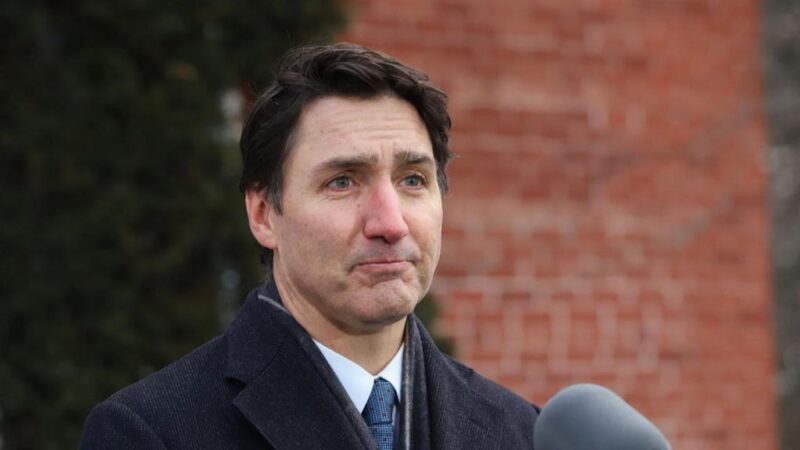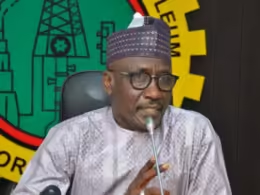Ottawa, Canada – In a stunning political development, Prime Minister Justin Trudeau has announced his resignation as leader of the Liberal Party and Prime Minister of Canada. Speaking to reporters from his Rideau Cottage residence, Trudeau stated that he could no longer lead the Liberals into the next election due to mounting internal opposition and public dissatisfaction.
Trudeau, who has led the country since 2015, emphasized that his decision would allow for a “reset” in Canadian politics. “It’s time to bring the temperature down,” he said, adding that his departure could help focus Parliament on addressing complex domestic and international issues.
Parliament Suspended Until March
Trudeau also revealed that Governor General Mary Simon has approved his request to prorogue Parliament until March 24. This suspension halts all parliamentary proceedings, including debates and votes, to give the Liberal Party time to select a new leader. The leadership race, according to the party president, will involve a “nationwide democratic process,” although details remain unclear.
The suspension comes as the Liberals face a challenging political environment. The party holds a minority in the House of Commons, requiring support from other parties to pass legislation. Conservative leader Pierre Poilievre, whose party leads in opinion polls, has promised to push for a no-confidence vote once Parliament resumes.
Conservative Response: “Nothing Has Changed”
Reacting to the news, Pierre Poilievre criticized the Liberals, saying, “Every Liberal MP supported everything Trudeau did for nine years. Now they want to trick voters by swapping in another Liberal face.” He reiterated his call for a federal election to “fix what the Liberals broke,” focusing on issues like inflation, housing, and Canada’s carbon pricing system, often referred to as a “carbon tax.”
Bloc Quebecois and NDP Call for Early Election
Bloc Quebecois leader Yves-François Blanchet also urged an early election, stating, “Now is the time for Canadians to head to the polls.” Similarly, Jagmeet Singh of the New Democratic Party criticized the Liberals for failing Canadians on issues such as housing and healthcare, suggesting Trudeau’s departure would not change the party’s direction.
Freeland’s Resignation: The Turning Point
The resignation of Deputy Prime Minister and Finance Minister Chrystia Freeland in December reportedly sparked the push for Trudeau to step down. Freeland’s public disagreements with Trudeau over government spending and U.S. relations highlighted growing divisions within the Liberal Party. In his remarks, Trudeau praised Freeland as an “incredible political partner” but acknowledged her decision to leave after he attempted to reassign her role.
Legacy of Justin Trudeau’s Leadership
Trudeau’s nearly decade-long tenure has been marked by significant achievements and controversies. He led the Liberals to a majority government in 2015, a remarkable comeback for the party, and is credited with renegotiating the North American Free Trade Agreement (NAFTA) and advancing climate change policies. However, his leadership faced challenges, including ethics scandals like the SNC-Lavalin affair and criticism over rising inflation and housing costs.
Despite the controversies, former environment minister Catherine McKenna praised Trudeau’s legacy, saying, “He made our country better,” though she admitted he should have stepped down sooner.
Next Steps for the Liberal Party
Potential contenders to replace Trudeau include former Bank of Canada Governor Mark Carney and former British Columbia Premier Christy Clark. Carney thanked Trudeau on social media, while Clark called for party unity to rebuild the Liberals’ fortunes.
International Implications
Trudeau’s resignation has drawn significant attention abroad, particularly in India, where relations with Canada have been strained. Indian officials welcomed the news, hoping for improved ties under new leadership. The two countries’ diplomatic relations deteriorated after Trudeau’s government accused Indian agents of involvement in the killing of a Sikh activist in British Columbia last year.
As the Liberal Party prepares to elect a new leader and Parliament resumes in March, Canada faces an uncertain political future. With opposition parties ready to challenge the government, a federal election could be called well before the October deadline.










Join our Channel...